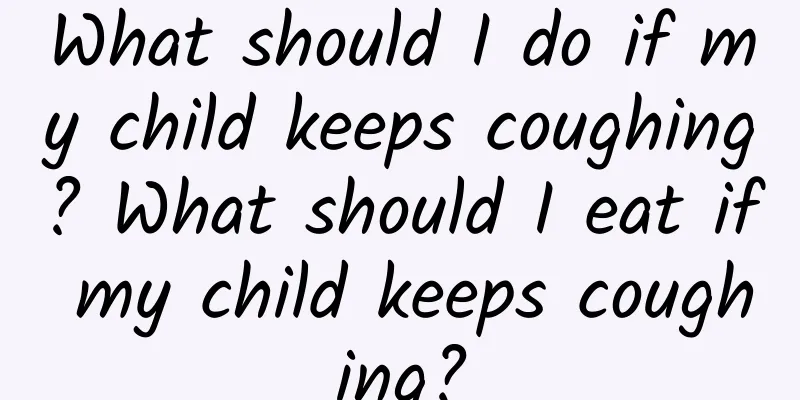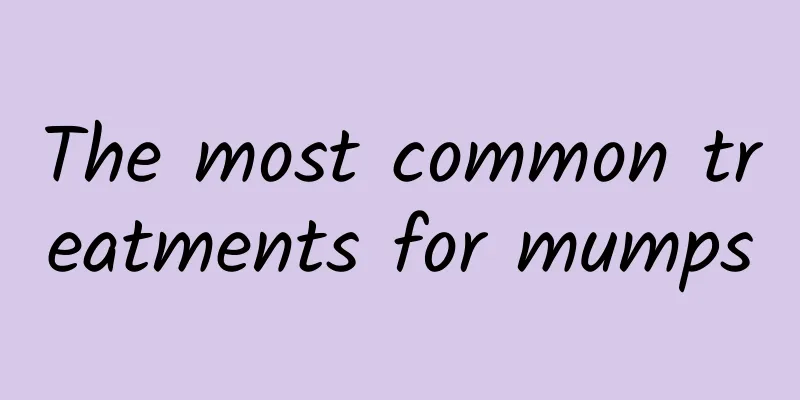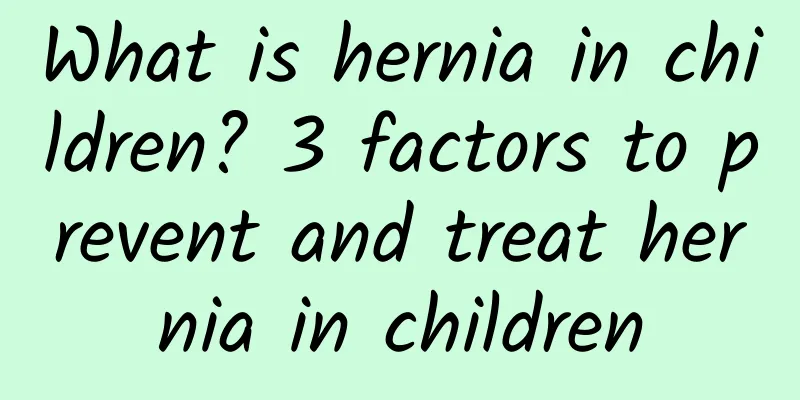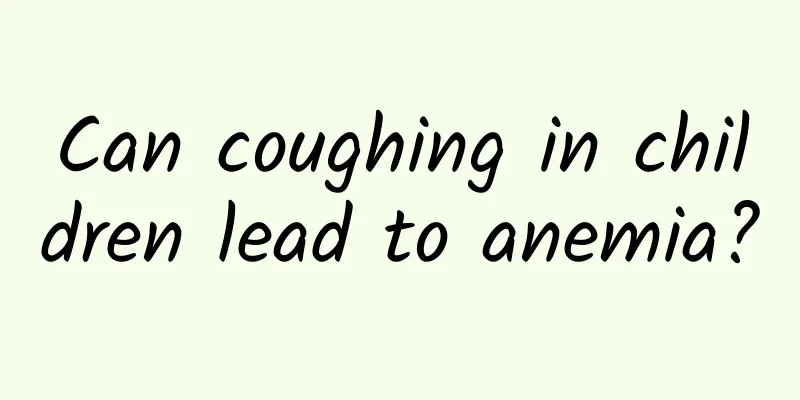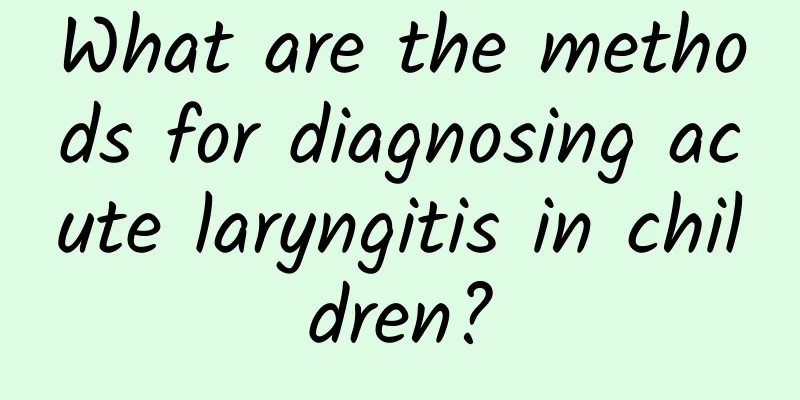What to do with acute laryngitis in children

|
Acute laryngitis in children is usually caused by viral infection, which manifests as sudden cough, hoarseness and inspiratory laryngitis. If the symptoms are severe, you need to seek medical attention immediately. In the early stage, you can relieve the symptoms by keeping the air moist and using medication properly. 1) Etiology analysis The main cause of acute laryngitis in children is viral infection, the most common of which include parainfluenza virus, adenovirus and influenza virus. These pathogens are usually transmitted through the respiratory tract, especially in autumn and winter. Environmental factors such as cold climate or air pollution can irritate the laryngeal mucosa and induce laryngitis. Children with weak immunity are more susceptible to infection. Allergies or foreign body stimulation may cause acute laryngitis. Parents need to pay attention to the cleanliness of the environment and the protection against allergens. 2) Early symptom assessment and response Typical symptoms of acute laryngitis in children are sudden "barking" coughs and hoarseness at night. In severe cases, breathing difficulties or high-pitched whine when inhaling may occur. If the symptoms are mild, parents can take the following measures at home: -Use a humidifier or take your child into a humid bathroom to relieve throat irritation; -Replenish warm water in time and avoid irritating food to avoid aggravating the cough; -Keep your child's head slightly elevated to help with breathing. 3) Treatment methods Children with severe or persistent symptoms should see a doctor as soon as possible. Treatments include: -Drug treatment: The doctor may prescribe nebulizer treatment according to the condition, using adrenaline to reduce laryngeal edema and relieve obstruction symptoms. If necessary, glucocorticoids such as dexamethasone will be prescribed to quickly relieve inflammation. - Oxygen therapy: Children with severe breathing difficulties sometimes need short-term oxygen therapy to help relieve the discomfort of lack of oxygen. -Anti-infection measures: If a secondary bacterial infection occurs, the doctor will prescribe antibiotics, but the abuse of antibiotics is not recommended for viral infections. 4) Daily prevention and care - Develop good hygiene habits, wash hands frequently, and avoid contact with people with cold symptoms; - Improve immunity and help children better resist colds through a balanced diet, moderate exercise and adequate sleep; - Maintain appropriate humidity indoors, avoid an overly dry environment, and ventilate regularly to remove dust mite allergens. If acute laryngitis in children is not properly treated, it may develop into laryngeal obstruction or even life-threatening, so parents need to pay enough attention to it. Mild cases can be treated at home, but if the symptoms worsen, you should see a doctor immediately and follow the doctor's advice. At the same time, pay attention to prevention in daily life to protect your child's respiratory health. |
<<: Drugs for treating ADHD in children
Recommend
Treatment for eczema in children
Children with eczema require careful care from th...
What are the treatment principles for breast milk diarrhea?
What are the treatment principles for breast milk...
How long does it take for neonatal jaundice to subside?
Neonatal physiological jaundice: Newborns begin t...
Briefly describe the causes of diarrhea in children
The causes of pediatric diarrhea mainly include i...
Diarrhea examination items for children
Children are the treasures of every family. Paren...
How is pneumonia diagnosed in children?
There are many pneumonia patients in life. People...
How to deal with pediatric convulsions, 3 first aid measures to learn
Convulsions in children should be taken seriously...
How do children develop hernias? Five things to prevent
Because premature babies have low height and weak...
What to do if your two-year-old baby doesn't speak
The best language development stage for babies is...
Treatment of post-poliomyelitis syndrome
The treatment of polio is actually not a very com...
What medicine should children take for cold and cough
Children generally have low resistance because th...
What discomfort does jaundice cause?
What discomfort does jaundice cause? 1. Jaundice ...
Medication treatment for ADHD in children
Treatment for ADHD in children includes psychoedu...
Is it normal for a newborn to have jaundice for 15 days?
Is it normal for a newborn to have jaundice for 1...
Can ADHD children be completely cured?
Whether children with ADHD can be completely cure...
